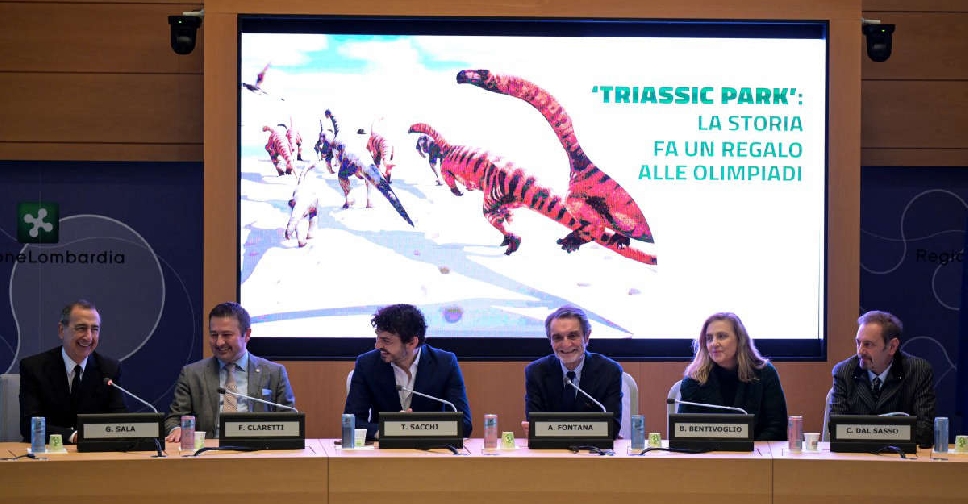
German remote-driving startup Vay said on Wednesday it had launched its first commercial service in Las Vegas where a "teledriver", or remote driver, delivers electric short-term rental cars to customers and then collects them after the rental.
The service is currently available around the University of Nevada Las Vegas and the city's arts district renting out cars by the minute. Unlike autonomous vehicles, it relies on a remote human driver.
CEO Thomas von der Ohe told Reuters that during the first quarter Vay's vehicle fleet should number in the "low double digits".
Vay has so far raised about $110 million from investors including Sweden's Kinnevik, Coatue and France's Eurazeo and has conducted tests on European and US roads with remote drivers and no one behind the wheel.
Over time, the startup will gradually introduce autonomous features as it learns from the cameras included on its vehicles that are much cheaper than the lidar and radar technology used by most autonomous vehicle developers, von der Ohe said.
"We see a decade or two of human-machine interaction where autonomous driving will play a part once it's available and ready to deploy, and then the other part will always be done by a teledriver," he said.
But von der Ohe said the startup sees a "massive use case" for remote driving functions and is talking to automakers about including functions for remote valet and other services.
"If every vehicle drives off the production line equipped with teledriving... you can have an on-demand tele-valet that parks your car for you," said von der Ohe, "and then teledrives you home in your own car if you have a few glasses to drink."
Vay's launch comes at a challenging time for autonomous vehicle developers.
General Motors' Cruise autonomous vehicle unit has struggled in the face of regulatory scrutiny after an October accident in which a San Francisco woman was dragged by a car.


 Thousands of dinosaur footprints found near Winter Olympics site
Thousands of dinosaur footprints found near Winter Olympics site
 Japan's last two giant pandas are headed to China and fans just can't bear it
Japan's last two giant pandas are headed to China and fans just can't bear it
 Huge undersea wall dating from 5000 BC found in France
Huge undersea wall dating from 5000 BC found in France
 Koshary, a spicy Egyptian staple, wins UNESCO recognition
Koshary, a spicy Egyptian staple, wins UNESCO recognition
 Boosted by Dubai chocolate craze, Argentina bets on pistachios
Boosted by Dubai chocolate craze, Argentina bets on pistachios




